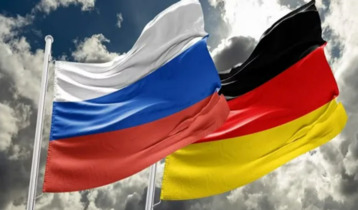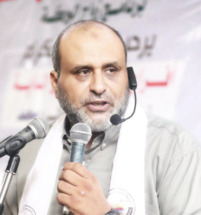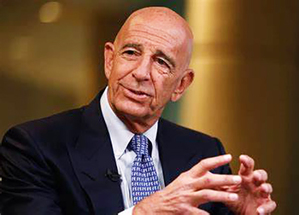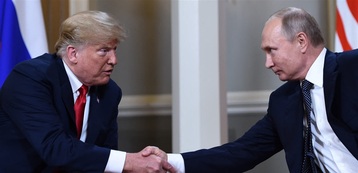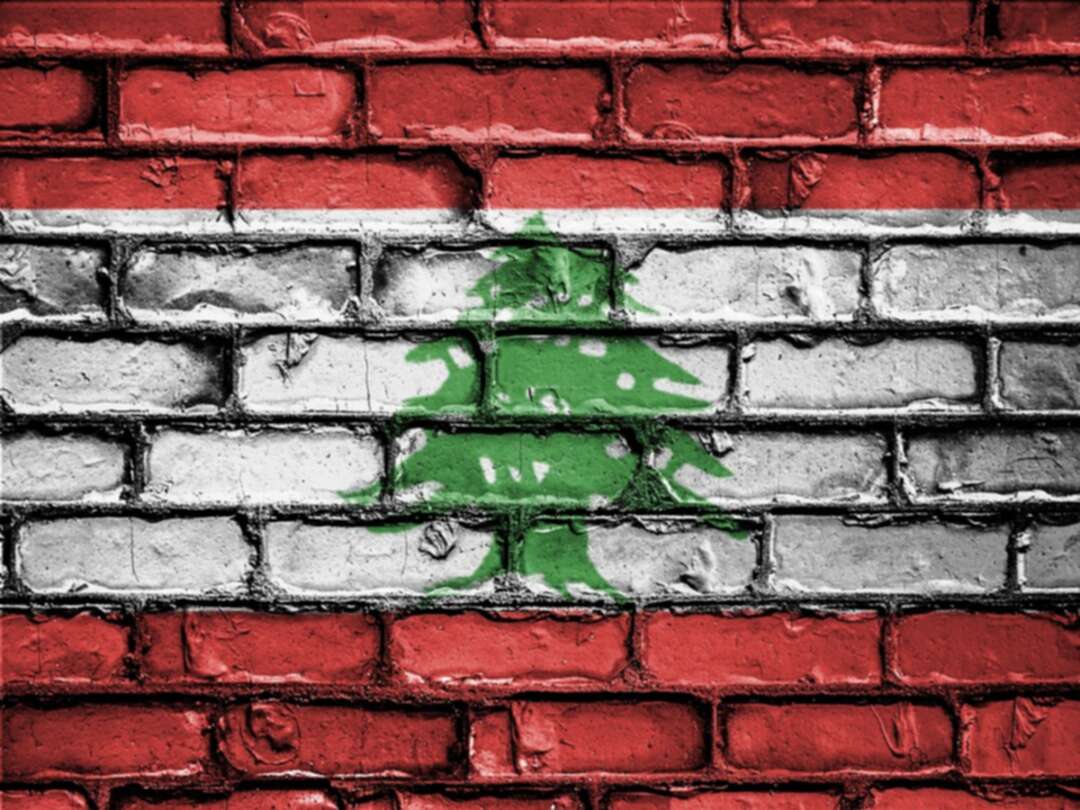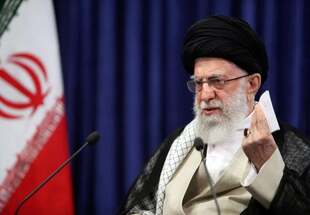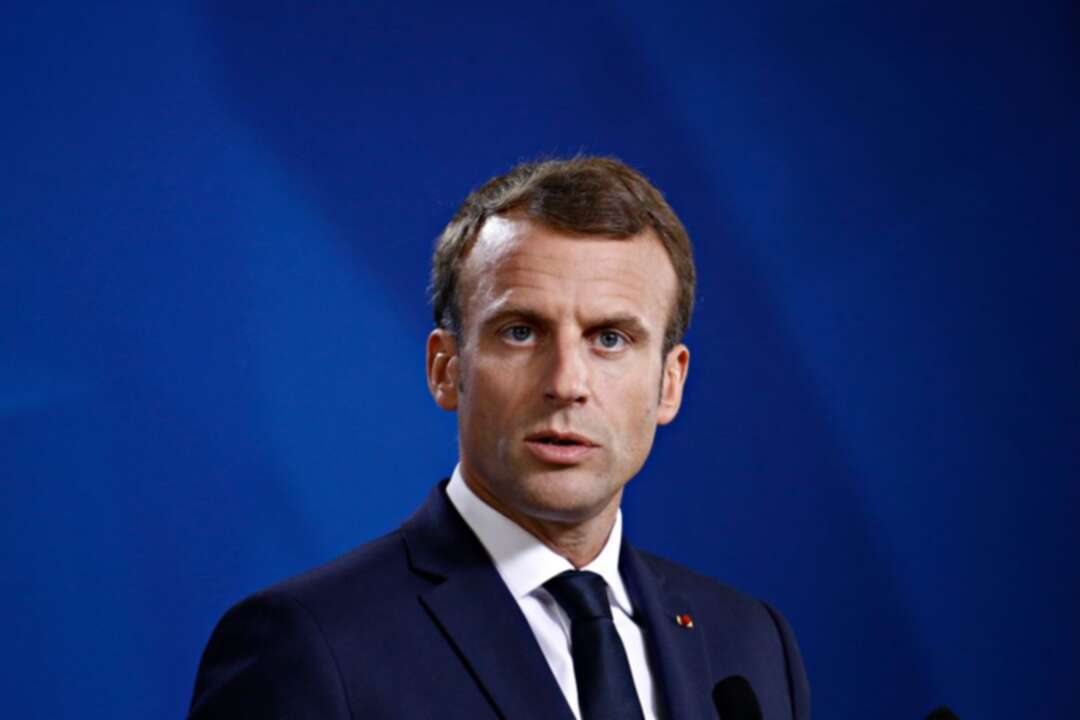-
Central Bank Crisis Reveals Structural Defect in Libya's Political Landscape
-
Disputes over power and constitutional issues form a major obstacle to achieving stability in Libya, necessitating effective international intervention to break the ongoing conflict cycle
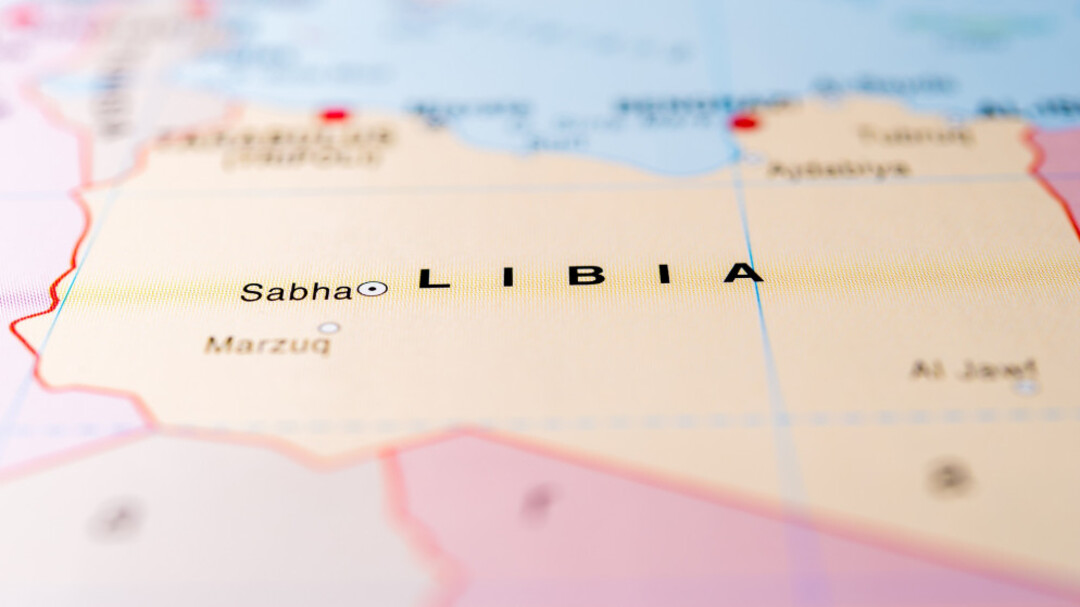
Stephanie Khoury, Acting Head of the United Nations Support Mission in Libya, stated that the recent crisis at the Central Bank has highlighted the fragility of the country's political process and the depth of division plaguing state institutions. She emphasized the need to end this deteriorating situation.
In her briefing to the UN Security Council on Wednesday, Khoury reported that unilateral actions by Libyan political parties "led to instability and had negative repercussions on the general situation in the country."
Recently, the Presidential Council's decision to change the governor of the Central Bank in Tripoli sparked a political dispute that led to the closure of oil facilities and the cessation of production and export operations. However, these tensions ended after reaching an agreement on appointing new leadership for the bank.
In this regard, Khoury appealed to Libyan leaders to take additional steps following the resolution of the Central Bank crisis and to cooperate in reaching a comprehensive political settlement in a spirit of consensus, aiming to ensure the independence of state institutions and avoid exploiting the country's resources for political gains.
The UN envoy addressed the ongoing disputes and conflicts over power and constitutional issues, such as the parliament's demand to dismiss the Government of National Unity and the issue of establishing a constitutional court in Benghazi, considering these actions as a source of tension in the country that deepens existing divisions.
Khoury affirmed that "the current situation has dragged on for too long, and the Libyan people deserve better than this," calling on the international community and the United Nations to make efforts to manage the crisis in Libya and reach a radical and comprehensive solution in the country.
For some time, the political process in Libya has faced a state of stagnation, with failure to reach a solution due to power struggles and legal disputes related to elections. This situation reveals the magnitude of challenges obstructing the path to consensus and understanding among the country's leaders and highlights the numerous obstacles standing in the way of resolving the crisis.
Levant-Agencies
You May Also Like
Popular Posts
Caricature
BENEFIT Sponsors BuildHer...
- April 23, 2025
BENEFIT, the Kingdom’s innovator and leading company in Fintech and electronic financial transactions service, has sponsored the BuildHer CityHack 2025 Hackathon, a two-day event spearheaded by the College of Engineering and Technology at the Royal University for Women (RUW).
Aimed at secondary school students, the event brought together a distinguished group of academic professionals and technology experts to mentor and inspire young participants.
More than 100 high school students from across the Kingdom of Bahrain took part in the hackathon, which featured an intensive programme of training workshops and hands-on sessions. These activities were tailored to enhance participants’ critical thinking, collaborative problem-solving, and team-building capabilities, while also encouraging the development of practical and sustainable solutions to contemporary challenges using modern technological tools.
BENEFIT’s Chief Executive Mr. Abdulwahed AlJanahi, commented: “Our support for this educational hackathon reflects our long-term strategic vision to nurture the talents of emerging national youth and empower the next generation of accomplished female leaders in technology. By fostering creativity and innovation, we aim to contribute meaningfully to Bahrain’s comprehensive development goals and align with the aspirations outlined in the Kingdom’s Vision 2030—an ambition in which BENEFIT plays a central role.”
Professor Riyadh Yousif Hamzah, President of the Royal University for Women, commented: “This initiative reflects our commitment to advancing women in STEM fields. We're cultivating a generation of creative, solution-driven female leaders who will drive national development. Our partnership with BENEFIT exemplifies the powerful synergy between academia and private sector in supporting educational innovation.”
Hanan Abdulla Hasan, Senior Manager, PR & Communication at BENEFIT, said: “We are honoured to collaborate with RUW in supporting this remarkable technology-focused event. It highlights our commitment to social responsibility, and our ongoing efforts to enhance the digital and innovation capabilities of young Bahraini women and foster their ability to harness technological tools in the service of a smarter, more sustainable future.”
For his part, Dr. Humam ElAgha, Acting Dean of the College of Engineering and Technology at the University, said: “BuildHer CityHack 2025 embodies our hands-on approach to education. By tackling real-world problems through creative thinking and sustainable solutions, we're preparing women to thrive in the knowledge economy – a cornerstone of the University's vision.”
opinion
Report
ads
Newsletter
Subscribe to our mailing list to get the new updates!

